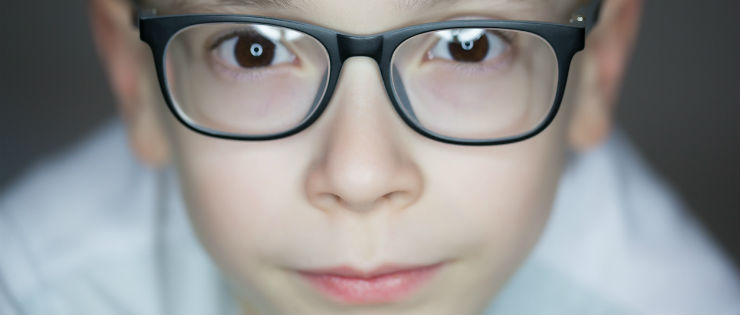
When it comes to introducing your child to wearing contact lenses, there is no right or wrong age. It’s difficult to know when your child is old enough to cope with the responsibilities that go with contacts but some signs can help make the decision easier.
A child that really dislikes wearing glasses may be more motivated to make the move to contacts as opposed to a child that isn’t phased by wearing glasses. Even if the motivation is there, a child should still be made aware of the extra work involved with contacts.
Responsibilities with Wearing Contacts
A large part of deciding whether your child is ready for contacts will be their level of responsibility. Just as some kids are ready to stay home on their own earlier than others, some kids are ready for contacts earlier than others.
If your child’s hygiene and grooming habits are still lacking, they may not be ready. If they aren’t brushing their teeth regularly, it’s highly likely they aren’t good candidates for contacts yet. Keeping contacts clean and taking them out before bed is important for good eye health. Perhaps explain to your child that they need to prove they are ready for contacts by improving other parts of their personal grooming.
Help from a Parent
If mum or dad wear contact lenses it may be easier to introduce a child to contacts. For a while, the child can follow their parent’s lead by putting in their contacts together each day. Once the child has established good habits, they can look after their contacts without a parent’s assistance.
Benefits of Wearing Contacts
Apart from not having to remember to bring their glasses home from school, there are some advantages for kids wearing contacts over glasses.
Self-Esteem
Some kids are self-conscious that they are in the minority wearing glasses compared to the rest of their classmates. Others may feel that glasses make them look less attractive than when they don’t wear them. Having a strong self-esteem can help with friendship building and school performance.
Playing Sport
Glasses can be limiting when it comes to playing some sport. If it’s swimming or surfing lessons, glasses can’t be worn and limited sight can make these activities more difficult.
Frames on glasses can be broken during ball and contact sports. Glasses also reduce peripheral vision making it more dangerous to play some sports if a child can’t see a ball coming in from their side. Sport is often the reason for children making the transition from glasses to contacts.
As a parent, you are the best judge for deciding when your child is ready for contacts. Some parents agree to a trial run of their child wearing contacts. If their child doesn't cope well with the contacts, they can return to wearing glasses.
HIF Optical Cover
Look after your eyes with HIF’s
Optical Insurance. Members enjoy generous discounts on lenses, frames and contact lenses from in-store and online suppliers.